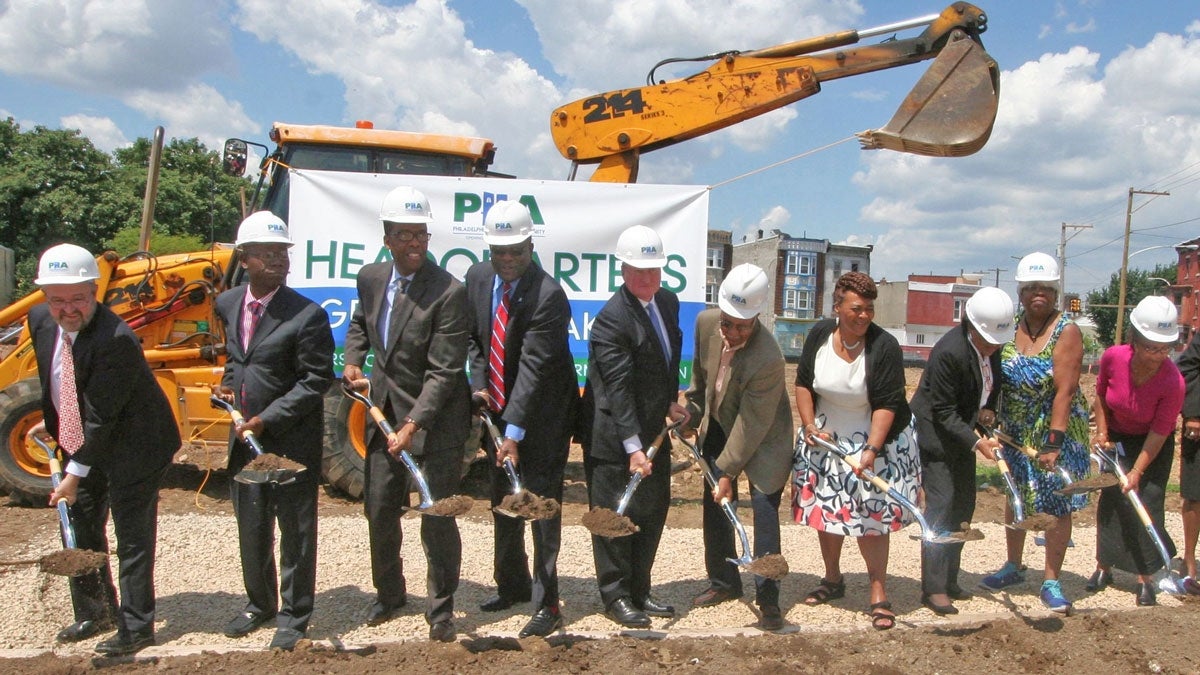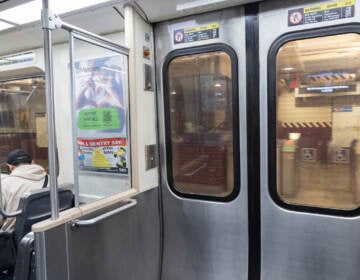June 22: 100% clean energy by 2035 | Cherry Street Pier | lead information

The City of Philadelphia announced Wednesday that it has committed to using 100 percent clean energy by 2035, NewsWorks’ Tom MacDonald reports. The pledge makes Philadelphia the 100th city to sign onto the Sierra Club’s Mayors for 100% Clean Energy pact, a non-binding initiative for cities to take the lead in combatting climate change following the White House’s move to reject the Paris climate accord.
Governor Wolf plans to veto the bill that would prevent municipalities from banning, taxing, surcharging, or assessing fees for recyclable plastic bags, CBS Pittsburgh reports. The governor said that the state ought to allow local officials to make decisions affecting their local constituents’ interests, and that the bill also raises constitutional issues regarding local officials’ authority to enact laws to protect the environment.
The Delaware River Waterfront Corporation “plans to install a year-round, arts-themed, Harbor Park spin-off at Pier 9, an early-20th-century maritime warehouse that has been vacant since the early 1960s,” Inga Saffron writes. “Cherry Street Pier” will be part maker space, part art space, and part beer garden, with micro-studio spaces built from shipping containers. Saffron argues that among the “overscaled high-rise” developments recently proposed along the Waterfront, an incremental project like Cherry Street Pier (costing a modest $4 million for the initial phase) is the kind of “catalyst that will help the riverfront evolve into a walkable urban neighborhood.”
The Philadelphia Housing Authority broke ground on its headquarters in North Philadelphia Wednesday, NewsWorks’ Aaron Moselle reports. The $45 million project will be built on Ridge Avenue in Sharswood and as part of the City’s $500 million neighborhood transformation plan for the neighborhood surrounding the former Norman Blumberg Apartments, one of the poorest and most crime-ridden sections of the city. The five-story building will house more than 1,200 PHA employees, as well as a café and retail space.
When no single state or federal agency “accepts full responsibility for protecting children living in the formerly industrial neighborhoods,” it is up to Philadelphia to address the lead contamination and protect its children, the Inquirer editorial staff argues. While the U.S. EPA requires contractors renovating pre-1978 buildings to alert building owners to lead contamination discovered during construction, there is no requirement for informing neighbors. The Inquirer argues that the city can do its part to fill the information gap by requiring contractors “to show proof of EPA certification and to inform both building owners and neighbors of work that could disturb lead paint and lead-infused soil.”
WHYY is your source for fact-based, in-depth journalism and information. As a nonprofit organization, we rely on financial support from readers like you. Please give today.







